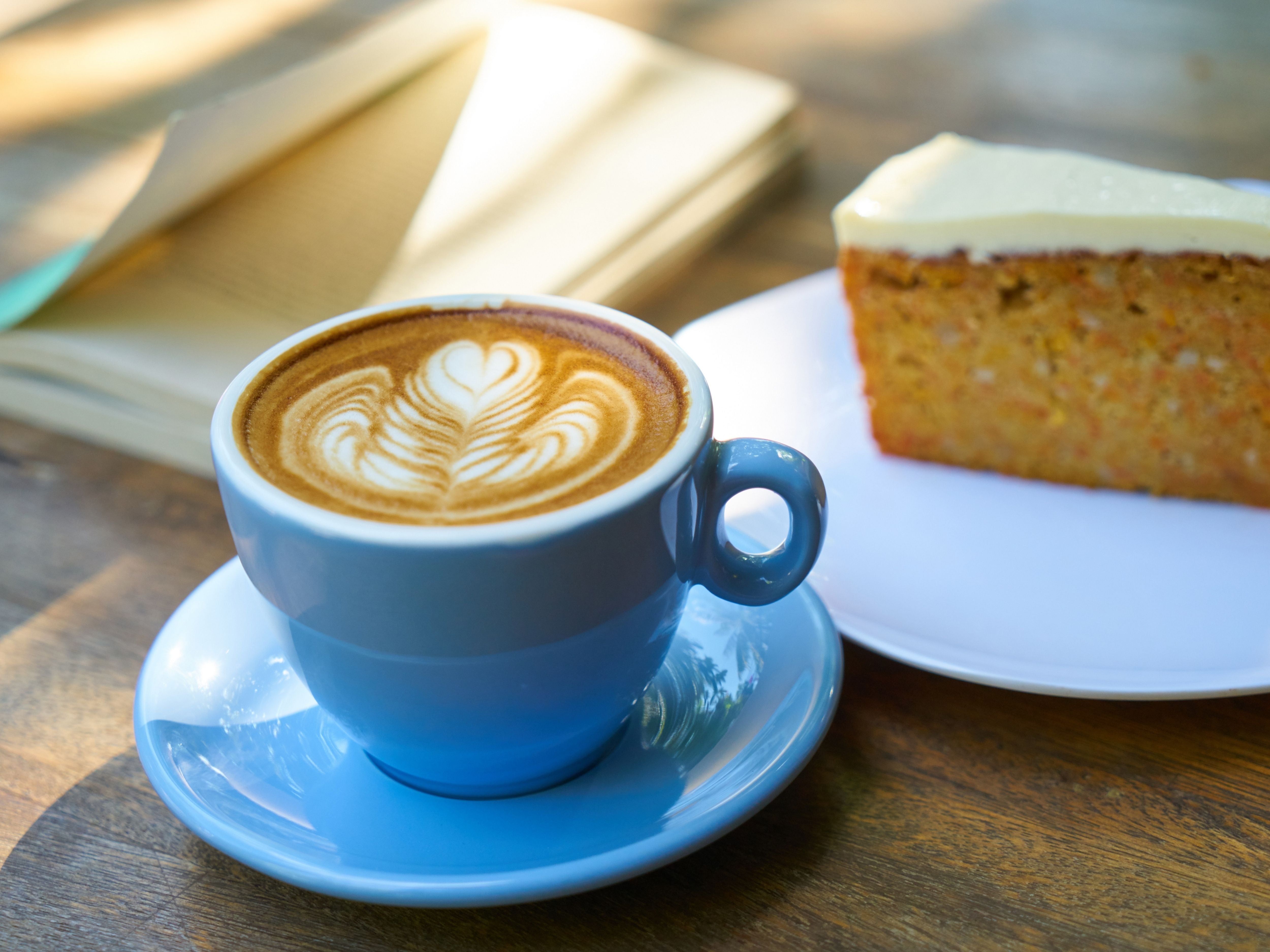
4 Foods That Make Your Period Worse
These foods could be triggering your horrible PMS.
Some months, your period can knock you off your feet. One day, you’re energetic and upbeat. The next day, you’re feeling irritable, fatigued, and bloated.
With some tools and a lot of self-compassion, you can support your body each month instead of trying to wish away this, oftentimes, challenging week.
One way you can do this is by nourishing yourself with the right foods and avoiding the foods that could make your most bothersome symptoms feel a lot worse.
Here are our top four foods that could be making your period worse:
Salt and Salty Foods
Bloating is one of those symptoms many women with periods have come to expect. But it doesn’t have to be accepted as an inevitability.
One of the things we know about bloating is that salt can worsen or even trigger it by causing your body to hang onto water. By avoiding or cutting back on high sodium foods in the days leading up to and during your period, you very well may be able to reduce discomfort caused by bloating.
High sodium foods include obvious culprits like fast food and potato chips, but sneaky sodium sources include canned foods, salad dressings, and packaged sweets.
Caffeine
We get it, when you’re feeling sluggish during your period, a delicious latte might feel just like what you need to get through the day. Unfortunately, the same caffeine that gives you a burst of energy could intensify some period symptoms, too.
For some women, caffeine can increase anxiety and irritability. It might mess with your sleep as well. If you notice this to be the case during your menstrual cycle, consider cutting back.
Since caffeine withdrawal is a real pain too, we’d suggest decreasing your caffeine intake a bit instead of giving it up altogether. This is an excellent chance to stay in tune with your body, paying attention to how you respond to different amounts of coffee or tea, and noting when it’s time to be done with your consumption for the day.
Sweet Treats
There is nothing wrong with enjoying sweets in moderation, but indulging in excess sugar during your period could make you feel worse. Sugary treats can give you a quick and gratifying burst of energy, but the crash that follows can add to your exhaustion.
When you have more sugar than usual, your body responds by producing excess glucose. This can result in a drop in your blood sugar, which can leave you feeling fatigued and foggy. When sugar cravings come knocking, avoid drastic blood sugar fluctuations by keeping your intake moderate and pairing your sweet with protein and healthy fat.
Alcohol
When you’re dehydrated, your period cramps may be worse than what is typical, and increasing water intake is associated with decreased pain during your menstrual cycle, according to BMC Women’s Health¹. Since alcohol causes dehydration, it would make sense that drinking during your period might make your cramps worse.
We also know that drinking alcohol disrupts hormones in women². We suggest reducing alcohol or completely cutting it out in the days leading up to your period and during your period. If you’re going out for dinner and want something special, try club soda or sparkling water with lime.
So, what now?
A list of foods to avoid isn’t helpful if we don’t help you choose the foods you should be eating to care for yourself during your period.
Nutrient-dense foods, loaded with vitamins, minerals, and fiber won’t just fuel your body — they keep you content so you don’t turn to salty foods, sweets, caffeine, or alcohol to satisfy your cravings. Some of our favorites include:
-
Protein sources like nuts, omega-3 eggs, lentils and other legumes, grass-fed meat, and fish.
-
Fiber-rich foods, including beans, non-starchy vegetables (spinach, asparagus, broccoli, kate), berries, and seeds.
-
Satisfying fats like avocado, olive oil, nuts, and fatty fish (wild salmon, herring, mackeral, and sardines).
-
Check out this Green Goddess Salad for a delicious lunch full of healthy fats.
We know that countless women experience debilitating PMS and period symptoms. We don’t believe it should be that way. Incorporating more of the nutrient-dense foods your body needs to thrive is one of the best ways to ease your PMS symptoms.
Sources:
¹ https://bmcwomenshealth.biomedcentral.com/articles/10.1186/s12905-021-01184-w
² https://pubs.niaaa.nih.gov/publications/arh26-4/274-281.htm
